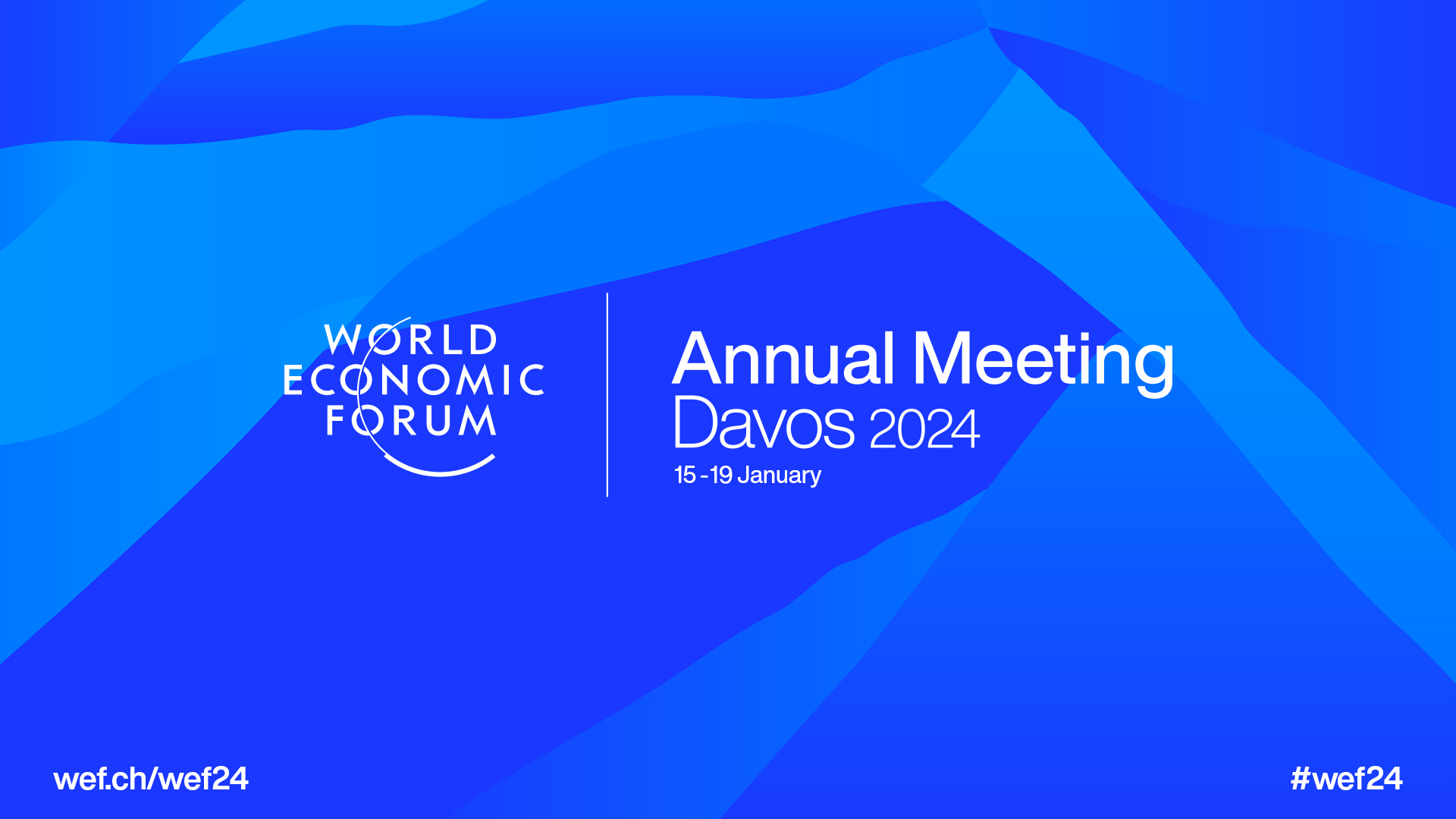Consider the Impacts of Artificial Intelligence

Artificial Intelligence has had a significant impact on organizations across customer service, marketing, product development, and employee training. Now, tools like ChaptGPT, Midjourney and DALL·E have made waves in the media. People/organisations are scrambling to use them while academics struggle to protect academic integrity.
Some stats:
- The global AI market size was worth $62 billion in 2020, and is expected to have an annual growth rate of 40.2% from 2021 to 2028, according to Grand View Research .
- 56% of respondents in McKinseys “The state of AI in 2021” survey report adopting AI, up from 50% of respondents in 2020.
- Accenture found that 84% of C-suite executives think leveraging AI will help them achieve their growth objectives
Artificial Intelligence has attracted significant investment in recent years and a flurry of media attention in recent weeks. This reminds me of how it felt in February 2020 watching Covid-19 spread rapidly. Every day was a new development and a cloud of uncertainty preventing us from seeing through hype to reality. Yes, artificial intelligence (generative or otherwise) will have profound benefits and consequences. These will emerge as our understanding does. We MUST
1. Demonstrate critical thinking about its impact (positive & negative)
2. Learn how to leverage AI because this genie ain't going back in its bottle.
(Just wait until AI is done accessing internet data and moves on to other data such as your FitBit, iPhone, car, e-commerce history or connected medical device, then the real fun begins.)
Some people have marveled at the release of generative AI with ChatGPT being one of the most popular. As the culmination of several technologies wrapped in an easy-to-use interface, it has the ability to be instantly useful to those who take the time to use it right. Some have compared it to the release of the iPhone in terms of its upcoming impact on the world including the range of start-ups that have emerged related to consulting and support services for orgs looking to leverage generative AI.
I recently attended a lecture delivered by a very prominent consulting house. Briefly, the ethical and societal consequences of automation emerged. The audience considered if it was right for automation to replace humans who may have needed those jobs to support families and local economies. Cynically, I considered if shareholders would retain a management team who didn't cut costs and drive efficiencies via automation.
This reminds me of something an old friend told me 'all that glitters isn't gold'. Over the past century, we heralded the use of mechanization, robotics, automation, e-commerce, social media, remote working and more. Who can say these diffused throughout society without both positive and negative impacts? Who can say that we have found the right balance between people and technology?
Yes, I'm very very impressed by generative AI and have used it a lot in the past few weeks but let's not get carried away in hype. AI has its limits, we have seen some of its consequences, Buzzfeed staff for example. Like the release of other disruptive technologies before, we have only scratted its surface. As Aldous Huxley would tell us, we must tread lightly and seek to understand.
(Transparency: The introduction was written with the aid of ChatGPT)


